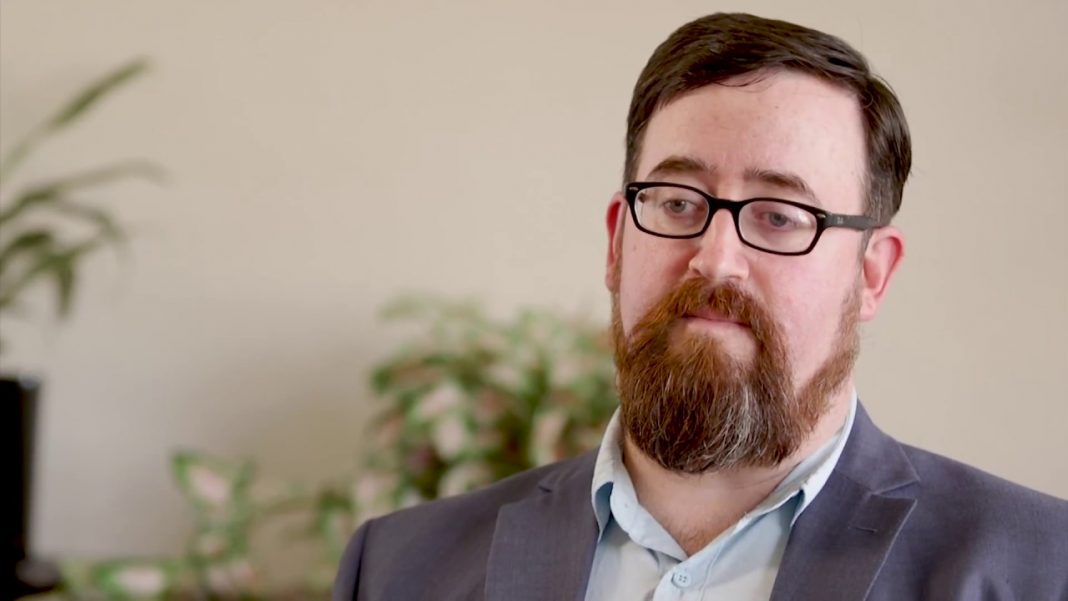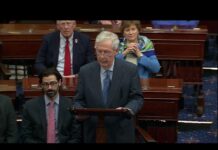The Iowa Standard talked with Neil Volz and Arthur Rizer about restoration of felons’ voting rights.
Rizer heads R Street’s programs dealing with issues related to crime, policing, intelligence and privacy.
Volz serves as Deputy Director of Florida Rights Restoration Coalition. He has more than 25 years of experience working as a public servant and community advocate, including work as chief of staff for a member of Congress and staff director for a full congressional committee.
Rizer, who served as a police officer and a prosecutor, talked about the Republican Party dying as a species.
“We’re not going to exist anymore if we can get ahead of some of these issues,” he said. “Things related to voting so often align with issues related to race, we cannot ignore this anymore. We have to get ahead of this.”
Disenfranchising voters, he said, does not help people rehabilitate.
Volz said he’s a 20-plus-year conservative. However, about 13 years ago he was convicted of a felony.
“In the process I hurt people around me and I created a breach with my community,” he said. “I’ve been working day by day since that point to heal that breach and to heal those wounds and to try to live a life of integrity and walk this out the right way and actually embrace the idea of a second chance.”
Volz said many people who he met along the way have struggled to reintegrate into the community. He moved to Florida to start over after getting in trouble. Florida, at the time, was one of four states that barred convicted felons from having their voting rights restored.
He realized, though, he needed to get involved with the movement.
“We saw this movement start from the bottom up and it was awesome,” he said. “Just watching people rally behind the most civic-minded thing you could do.”
Volz said it wasn’t a partisan movement, it was just people with shared experiences from the criminal justice system.
The important thing to remember, he said, is that when we’re talking about convicted felons, we’re talking about people.
As for the Florida movement, Volz said the movement was “decidedly not built” in a partisan way. Whether its rural Florida or urban Florida, those who live with felony convictions share similar stories.
Rizer said it is important to think about where the stopping point for punishment is.
“At a certain point, it’s over,” he said. “If we’re going to perpetuate this idea that you’re going to be continually dunked underwater as part of this idea of punishment, one that is not very American and two, that doesn’t actually play into the idea of rehabilitation.
“You cannot have this idea of second chances if nobody is allowed to actually have that second chance.”
Even victim’s rights groups believe there needs to be a lane for people to return to voting, Rizer said.
The conversation is 48 minutes long. You are encouraged to listen to the entire interview here:












